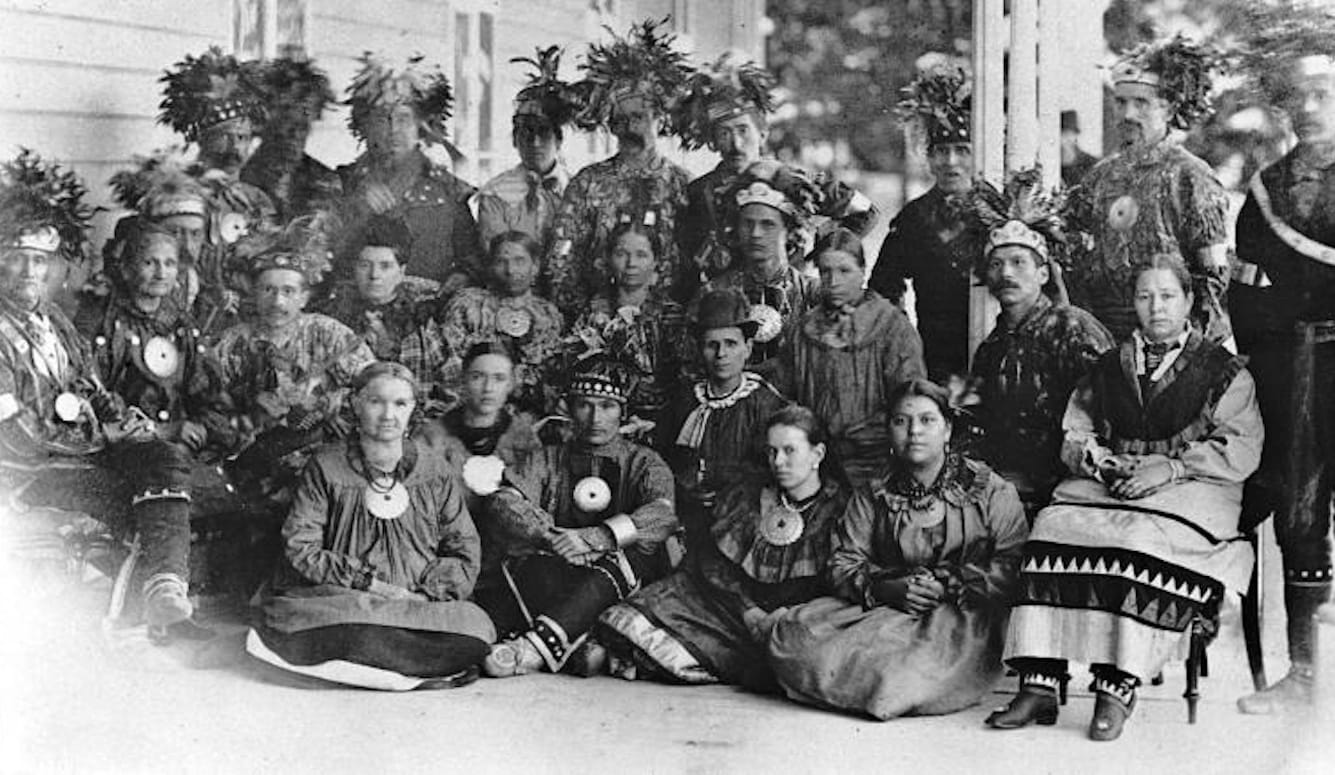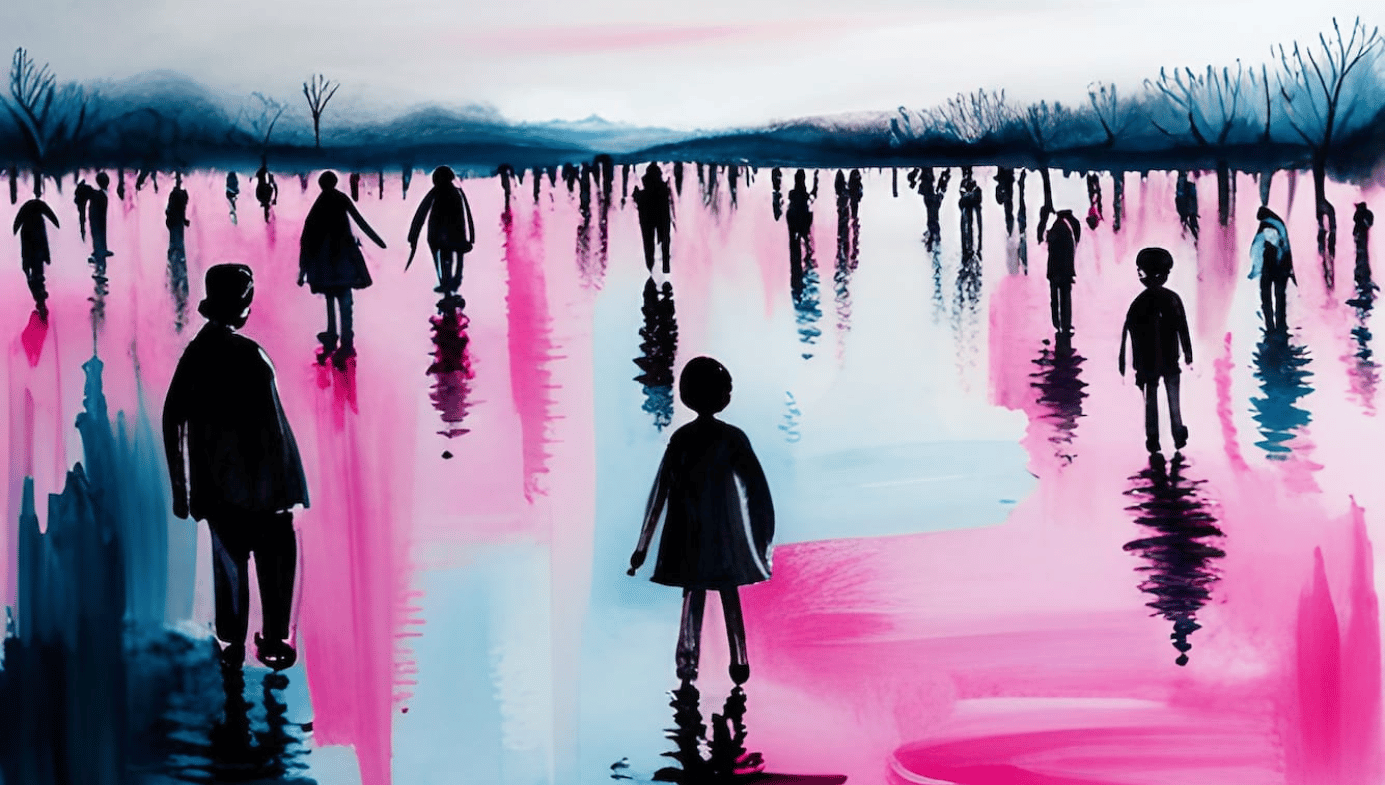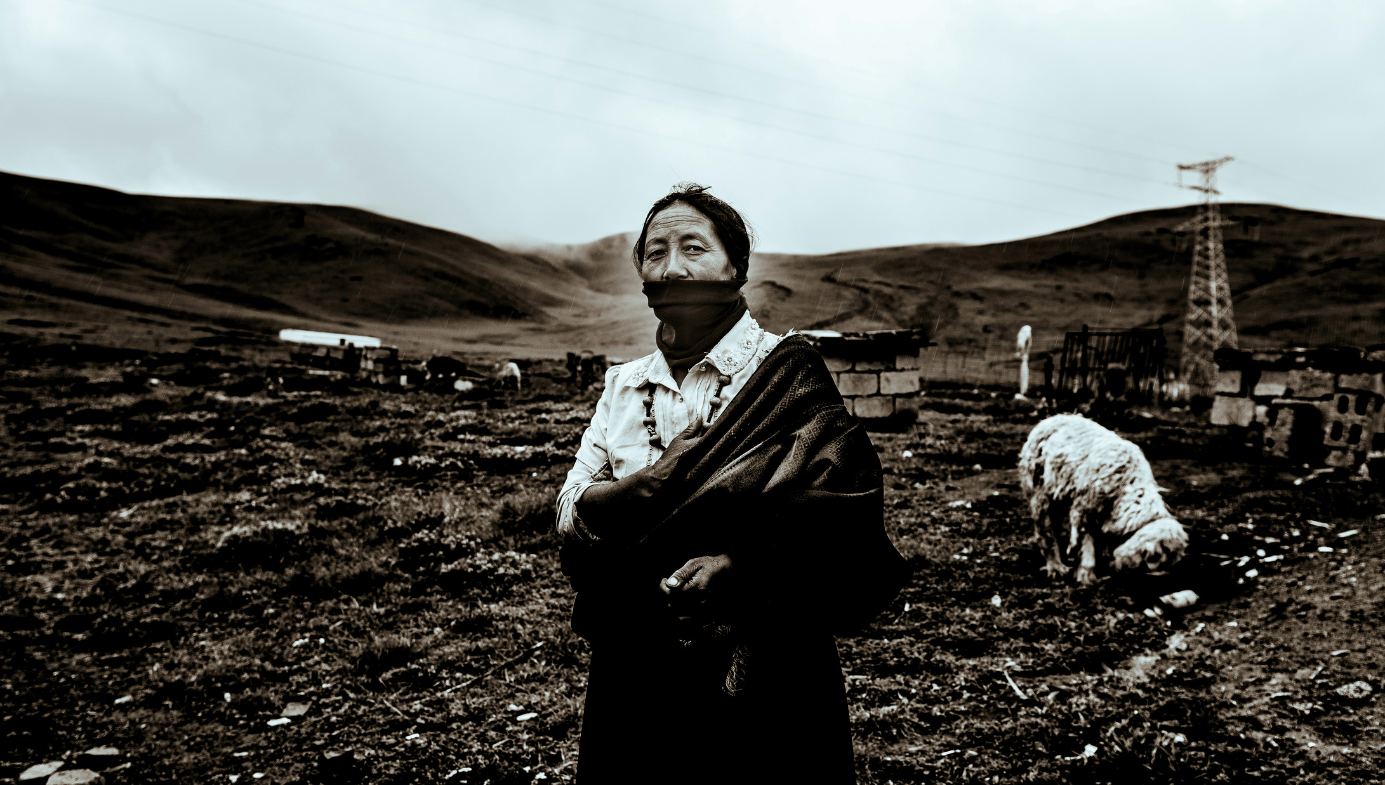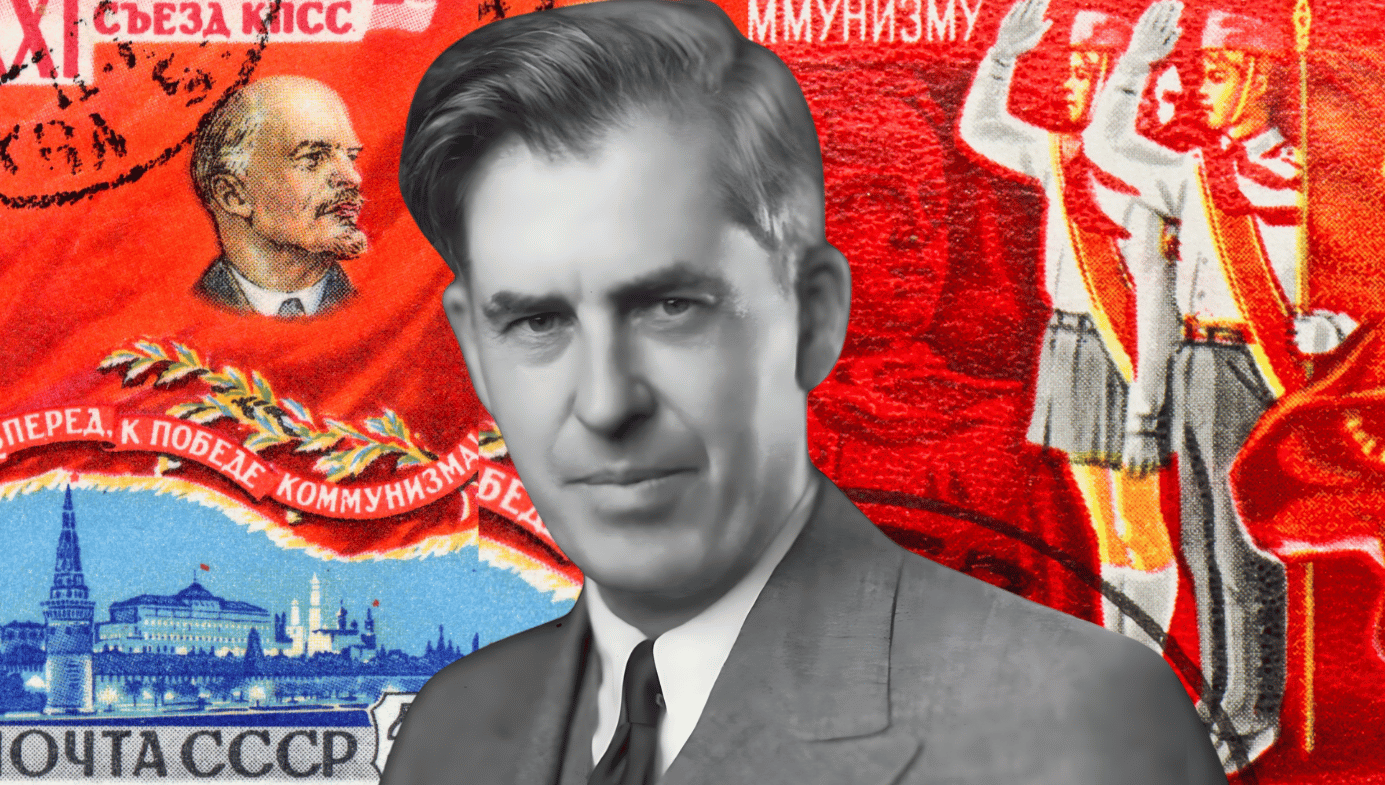Western Europe’s Forgotten Nightmare
In a new book, Rachel Chrastil artfully illuminates the history of the 1870 Franco-Prussian War, in all its senseless horror.
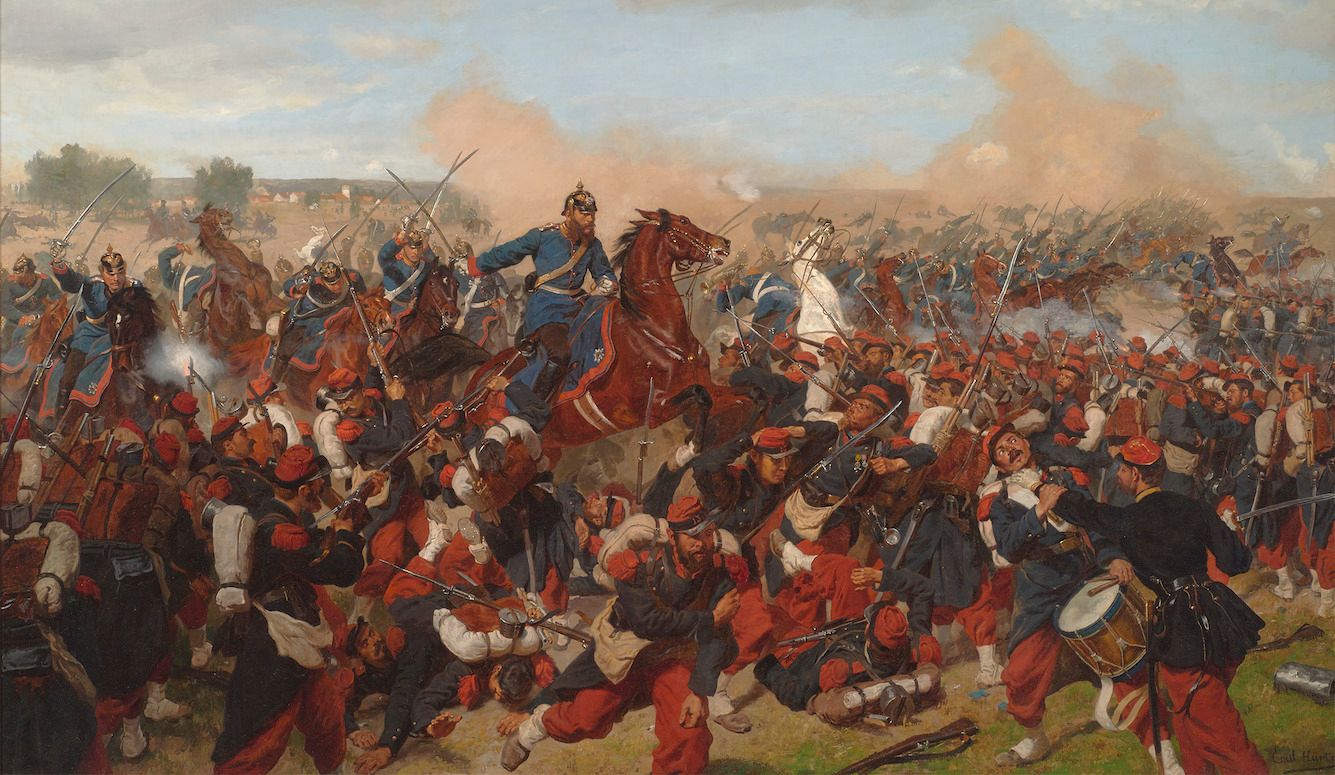
A common strategy for marketing history books is to promise readers that the author will completely upend their understanding of the modern world. Thus do we get titles such as How the Irish Saved Civilization by Thomas Cahill, How the Scots Invented the Modern World (Arthur Herman), and Cod: A Biography of the Fish that Changed the World by Mark Kurlansky (an author who’d already written another book offering similarly earth-shattering claims about the history of salt). As an avid reader of the history genre, I’ve learned to scan such titles with considerable skepticism.
Rachel Chrastil’s newly published work, Bismarck’s War: The Franco-Prussian War and the Making of Modern Europe, is one of those rare history books that truly delivers on this kind of ambitious promise. In her telling, the oft-forgotten War of 1870 (as it’s commonly known in France) didn’t just fundamentally reshape European political geography and power relations, but also the nature of modern warfare.
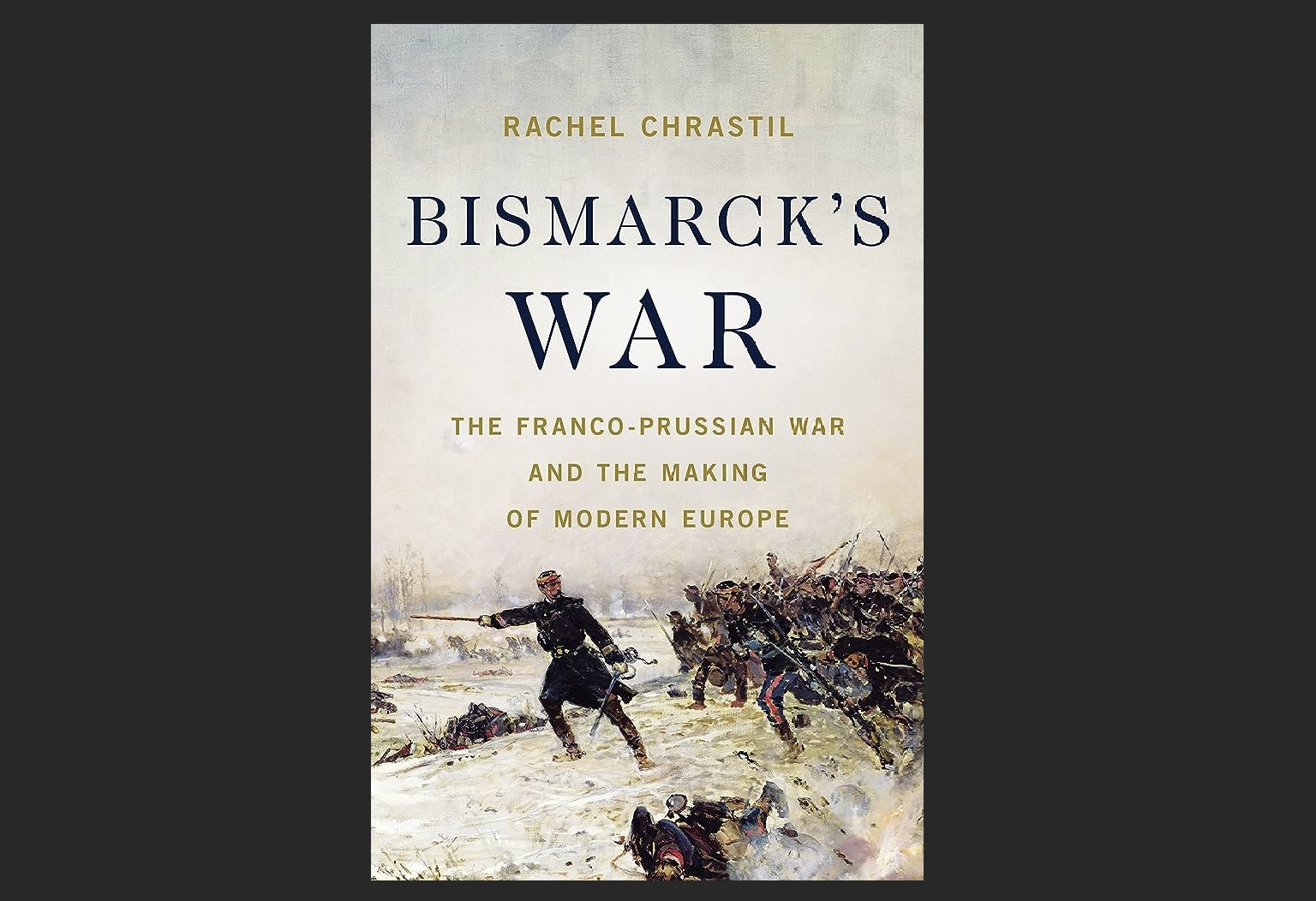
In large part, this is because the war sat at a cleft point in military history—between the passing European world of aristocratic parade-ground generals in plumed helmets, and the late-nineteenth-century industrial world of railroads, breech-loaded artillery, and bolt-action rifles.

